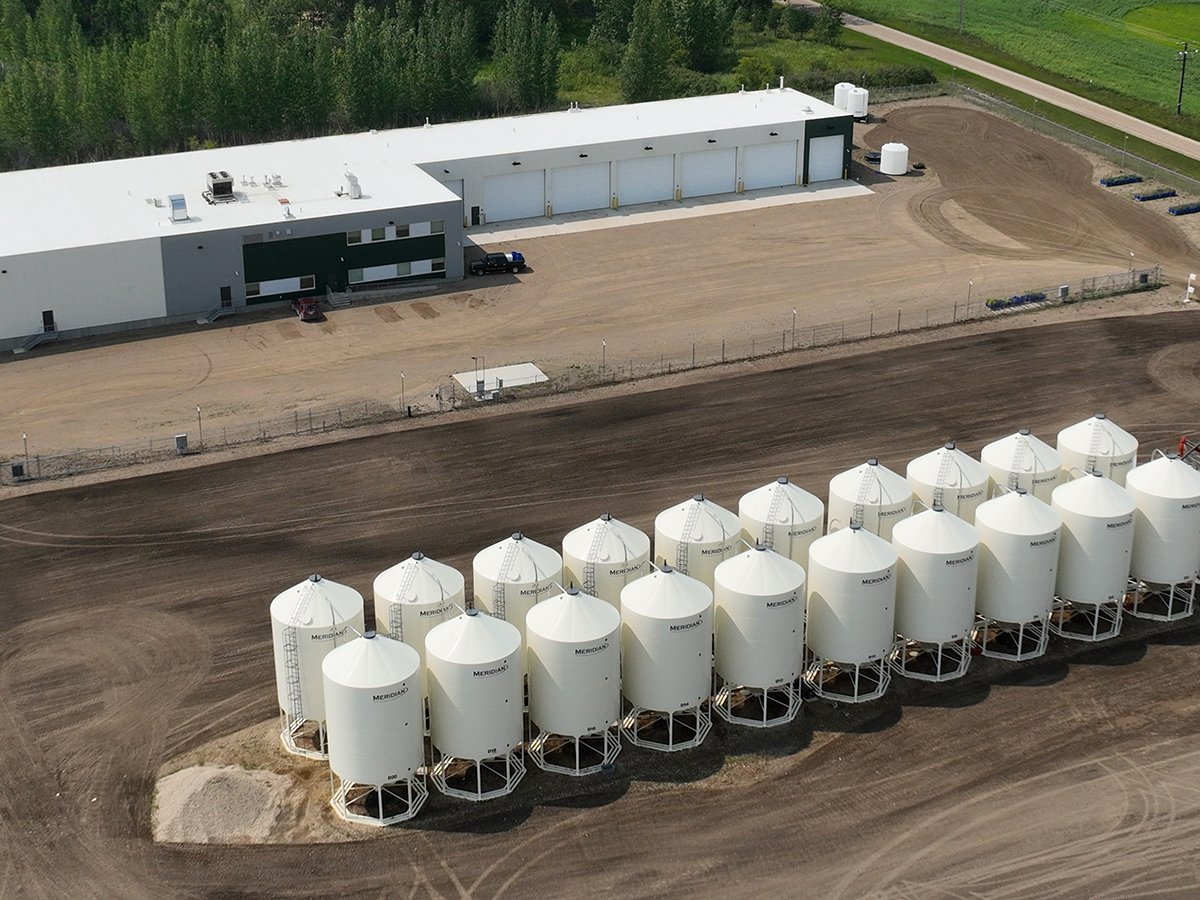The Canadian Wheat Board is about to lose one of its most fierce and skilful defenders in the federal cabinet.
Last week, veteran Winnipeg MP and foreign affairs minister Lloyd Axworthy announced he will retire soon to take a job in a Vancouver-based academic foreign policy think tank.
Most of the coverage referred to his role as the Liberal “godfather” of Manitoba who delivered hundreds of millions of dollars of “goodies” to his city.
Others wrote about his legacy as foreign affairs minister, promoting Canadian “soft power” and promoting such issues as a ban on land mines and forgiveness of Third World debt.
Read Also

Saskatchewan firm aims to fix soil with compost pellets
In his business, Humaterra, Leon Pratchler is helping farmers maximize yields in the weakest areas of their fields through the use of a compost pellet.
But for prairie farmers and politicians interested in defending the wheat board against those who would strip it of monopoly selling powers, Axworthy’s departure leaves a gap.
Last winter, he quarterbacked the fight on the floor of the Liberal policy convention to pass a policy supporting continued CWB involvement in grain transportation. In cabinet, he supported CWB minister Ralph Goodale in wearing down the skeptics – David Anderson, David Collenette and Lyle Vanclief among them- to bring about the May legislation keeping the board involved.
He has argued for more farm relief for the Prairies and insisted as foreign affairs minister that agricultural exports be a promotion priority for embassy staff.
“I think he constantly had his eye on the bigger issues and the wheat board, agriculture and prairie transportation were certainly among them,” said Winnipeg MP and agriculture committee chair John Harvard, a member of what some analysts of the Liberal government call ‘the Axworthy caucus’. “I think he’s one of the finest politicians Manitoba has sent to Ottawa since we entered Confederation in 1870.”
It was hard to imagine this result when Axworthy first made a name for himself in Ottawa in 1980 during his inaugural term in a national Liberal government.
He was a Winnipeg urban boy who grew out of downtown Winnipeg politics to finally land in the big league.
His landing was precarious. As one of just two western Liberals elected in 1980, Axworthy was given a senior portfolio and immediately became embroiled in a nasty battle with feminists over a partisan appointment to the federal Advisory Council on the Status of Women.
He survived and late in that mandate, took over transport and the CWB.
It was left to Axworthy’s political skills to extricate the Liberals from the political swamp into which they wandered, trying a radical change to the Crow Rate grain subsidy only to be shot down by prime minister Pierre Trudeau.
Axworthy compromised, abolished the Crow but kept the subsidies flowing to the railways rather than farmers.
In government after 1993, Axworthy had social development and then foreign affairs portfolios. But he never lost his gut feeling that corporations that deal with farmers have a natural market advantage that a government-sponsored agency like the CWB can help offset.
If the Liberals survive the next election, the nature of Axworthy’s successor will tell farmers a lot about the CWB attitudes of the next government.














